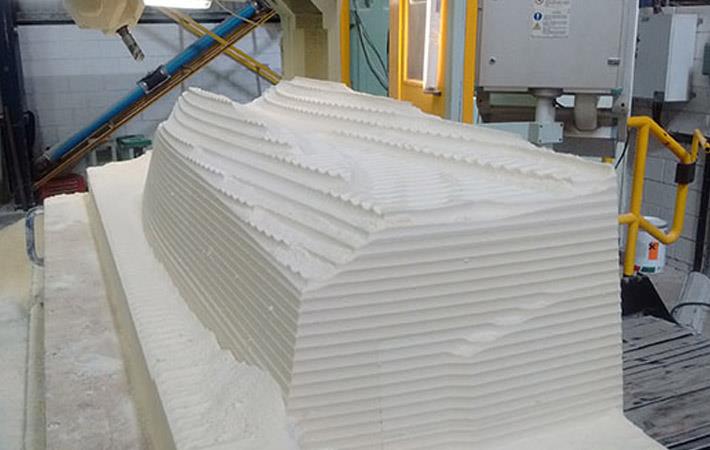The Mandela Bay Composites Cluster and Entsa, an engagement institute within the Nelson Mandela University have signed a co-operation agreement which is set to boost the development and use of composites in South Africa. The Composites Cluster represents and advances the interests of commercial opportunities in the composites sector in South Africa.
In terms of a Memorandum of Understanding (MoU), the two entities will work together to unlock value for local manufacturers by optimising access to the world class, Composites Innovation Centre (CIC), housed on campus. The CIC, managed by Entsa, contains cutting-edge research and testing technology funded by the Department of Science and Technology through the CSIR.The Mandela Bay Composites Cluster and Entsa, an engagement institute within the Nelson Mandela University have signed a co-operation agreement which is set to boost the development and use of composites in South Africa. The Composites Cluster represents and advances the interests of and commercial opportunities in the composites sector in South Africa.#
The CIC through Entsa has already undertaken numerous industry projects including the development of Finite Element Analysis (FEA) skills used in the development of a lightweight wing structure, the building of a large 3D printer capable of printing the moulds for the manufacture of turbine blades and the design and build of a car spare wheel using composites.
Cluster MD Andy Radford said, “With the signed MoU, national cluster participants could have their costs for utilising the CIC subsidised, while the centre would also host workshops and training to grow awareness and access. We want to ensure that the facilities are used optimally and that business grows through this partnership.”
Radford said, “A complex process of reverse engineering skills was used recently to identify weaknesses in a boat, which was laser scanned, the CAD of which was then altered to the desired design, after which a plug was machined and the moulds built. The initial parts from the moulds were built using vacuum infusion as a viable technology for boat building and to ensure that a light consistent build was achieved. The CIC and Entsa, have demonstrated the ability to assist industry with complex solutions and to support and stimulate local engineering innovation and the competitiveness of local manufacturers which will enable industry to exploit and develop new markets. The new MoU between the composites industry body and CIC will lift the lid even further.” (GK)
Fibre2Fashion News Desk – India


